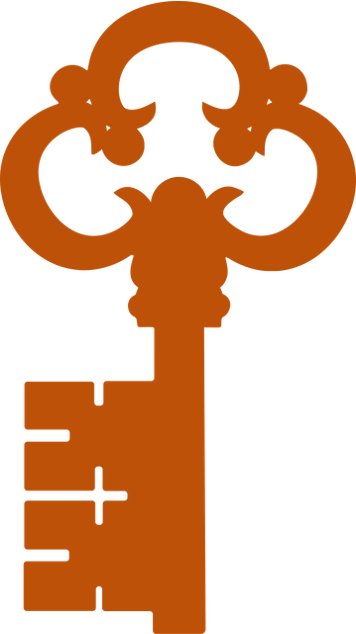Via Arts & Letters Daily and The New Atlantis:
The temptation to overreach, however, seems increasingly indulged today in discussions about science. Both in the work of professional philosophers and in popular writings by natural scientists, it is frequently claimed that natural science does or soon will constitute the entire domain of truth. And this attitude is becoming more widespread among scientists themselves. All too many of my contemporaries in science have accepted without question the hype that suggests that an advanced degree in some area of natural science confers the ability to pontificate wisely on any and all subjects.
Some points:
- “Central to scientism is the grabbing of nearly the entire territory of what were once considered questions that properly belong to philosophy. Scientism takes science to be not only better than philosophy at answering such questions, but the only means of answering them.”
- “…scientists can be prone to errors of elementary logic, and these can often go undetected by the peer review process and have a major impact on the literature — for instance, confusing correlation and causation, or confusing implication with a biconditional. Philosophy can provide a way of understanding and correcting such errors. It addresses a largely distinct set of questions that natural science alone cannot answer, but that must be answered for natural science to be properly conducted.”
- “…philosophers have no one but themselves to blame for the low state to which their discipline has fallen.”
